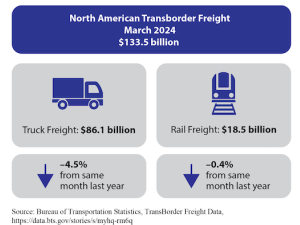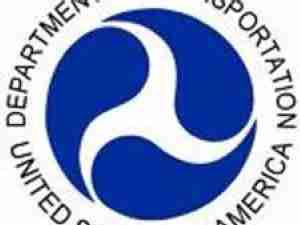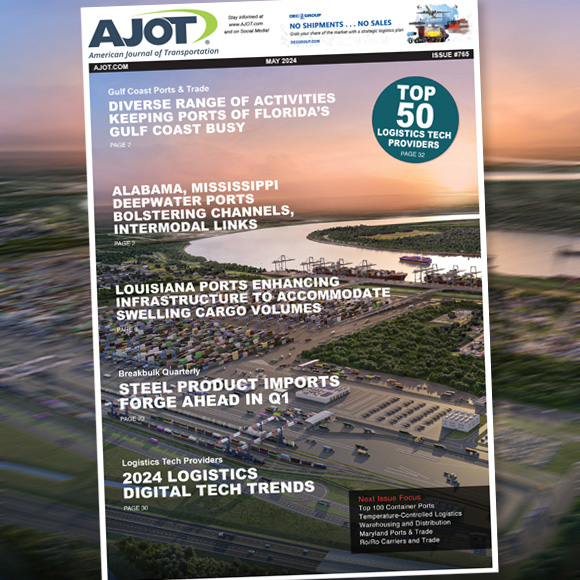Siemens AG and Alstom SA are considering adding sweeteners to a package of assets for sale in a last-ditch effort to gain antitrust approval from the European Commission and salvage their rail deal, according to people familiar with the matter.
The German and French train equipment suppliers’ new offerings include possible contract extensions and patents and are being discussed with antitrust officials and potential bidders, said the people, who asked not to be named because the discussions aren’t public. The former rivals are working to save the tie up that would have combined sales of about 15 billion euros ($17 billion) from getting vetoed by the commission on concerns it’ll crimp competition, they said.
It remains unclear whether the steps will be enough to avoid antitrust opposition, the people said, though the recent meetings with European officials left the companies slightly more optimistic a compromise can be reached, one of them said.
Spokesmen for Siemens and Alstom declined to comment, while a representative from the commission could not be reached for immediate comment. Alstom shares extended gains to rise as much as 1.8 percent in Paris trading while Siemens fell 0.3 percent in Frankfurt.
Brinkmanship
Siemens and Alstom’s planned rail colossus appears to be teetering on the brink even after some European Union officials at a meeting on Tuesday voiced support for the need to defend big European Union companies against Chinese rivals. France’s Pierre Moscovici led the charge among a group of EU commissioners urging the creation of European champions to face up to foreign competition. Siemens and Alstom have said the deal is needed to counter competition from China.
Briefing reporters after the behind-closed-doors meeting, Moscovici, who is in charge of economic affairs, didn’t offer a clear indication of the level of support for the deal among colleagues—and how that could affect the outcome of the review by his colleague in charge of the competition remit, Margrethe Vestager.
The EU is “not naive” and aims to “take into account the evolution of the economy of tomorrow,” Moscovici said, adding that a decision will be made by Feb. 18 at the latest. “The decisions taken by the commission have never—and won’t be—based on any kind of ideological aspect or guidance. It will be done objectively and with a strategy.”
The deal has been facing headwinds for weeks. Rail network operators have called for a veto and smaller competition authorities took the rare step of publicly criticizing the companies’ concessions as insufficient. Earlier this month, the companies got a gloomy assessment of feedback on its initial proposal to sell off of overlapping units that was intended to allay concerns over the tie-up.
Unless last-minute concessions eliminate EU concerns, Siemens and Alstom risk a formal ban on the deal—essentially killing a French-German business alliance designed to create a European train-making champion big enough to take on Asian rivals.
The commissioners who spoke on Tuesday were aiming to influence Vestager, whose teams are in charge of assessing the merger, before a final decision reaches their desks. While the final deadline is mid-February, the Dane made her views clear last week: Politically backed industrial giants shouldn’t be built by sidestepping the EU’s tough merger rules.
Despite getting a say on big merger rulings, commissioners typically follow the advice of their colleague responsible for competition, without entering into debates on substance.










